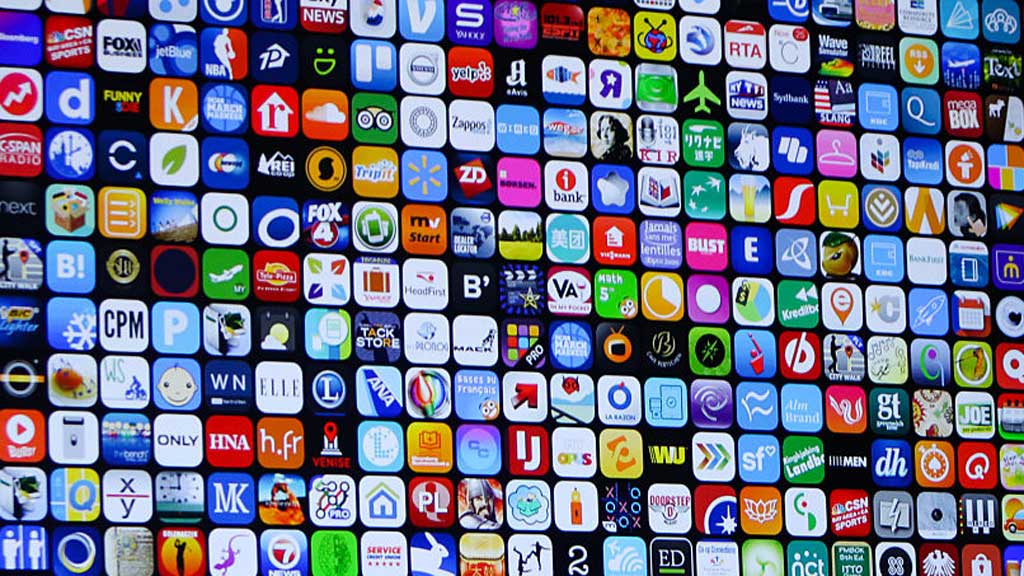Privacy,
as defined by Merriam-Webster is the quality or state of being apart from
company or observation and the freedom from unauthorized intrusion. While we
might all understand the basic concept of what privacy is, many people do not
realize or have ceased to care about how often our privacy is without our
knowledge or consent, taken away from us. It is vital the privacy of the public
is taken into consideration and that we take a closer look at how our data is
being used.
In the
modern-day more than ever, our data has become increasingly valuable to many
different groups for many reasons but probably most importantly for
advertising. The more information that companies can collect and store about
their users, the more relevant ads can be served, resulting in more clicks and
money for the website displaying the ad. One of the most notable and obvious
places where this is used is by Facebook (now Meta) where they collect huge
amounts of data that we willingly give out by posting or by collecting it off
of our phones or connected accounts without our knowledge.
I will
be continuing to research and write more about this interesting topic over the
coming weeks. This will be done by reading academic articles and official
documents in order to get the most accurate data to present in my rational argument.











